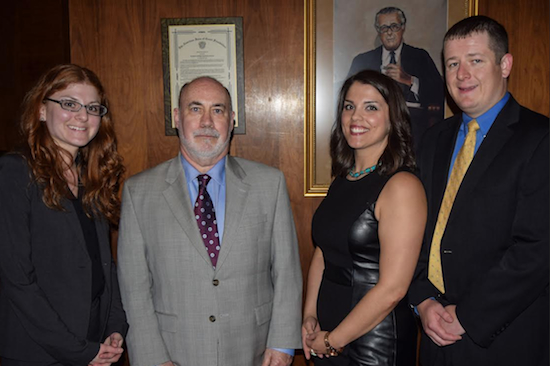Brooklyn Bar CLE tries to help lawyers with tough task of eDiscovery

The Brooklyn Bar Association hosted attorney John H. Ogden and a pair of experts for a Continuing Legal Education (CLE) seminar titled, “Taking the Fear Out of eDiscovery,” on Thursday night. The CLE was designed to help small- and medium-sized law firms with the difficult process of collecting electronic evidence.
“These days everything is electronic, and data can be huge even if you have a small number of custodians,” said Talia T. Page, Esq. of RVM Enterprises. “There are things that you should think about, even if you have small matter, when you handle an eDiscovery project.”
Electronic discovery, better known as eDiscovery, refers to the process in which data is sought, located and secured with the intent of using it as evidence in a trial. Page and Tim McCorry, from RVM Enterprises, a company that handles eDiscovery for law firms, discussed the importance of eDiscovery and how lawyers can familiarize themselves with the terminology, technology and concepts involved with it.

Brooklyn Boro
View MoreNew York City’s most populous borough, Brooklyn, is home to nearly 2.6 million residents. If Brooklyn were an independent city it would be the fourth largest city in the United States. While Brooklyn has become the epitome of ‘cool and hip’ in recent years, for those that were born here, raised families here and improved communities over the years, Brooklyn has never been ‘uncool’.